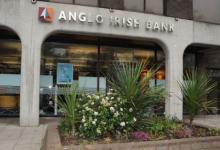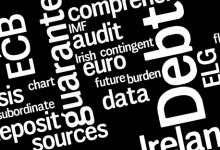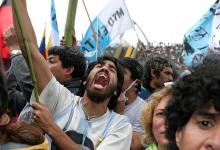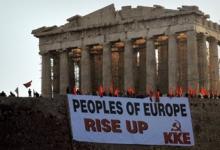Time to hold Ireland's 'elite' accountable for this terrible mess
The Debt Justice Action (DJA) campaign, of which I am a part, has just lodged an application with the Guinness Book of Records to recognise Ireland as having the world’s most expensive ever bank bailout. A video accompanying the application can be viewed below. The satirical intent behind the project is well captured by DJA member Diarmuid O’Flynn: “We’ve had a difficult few years here in Ireland.










